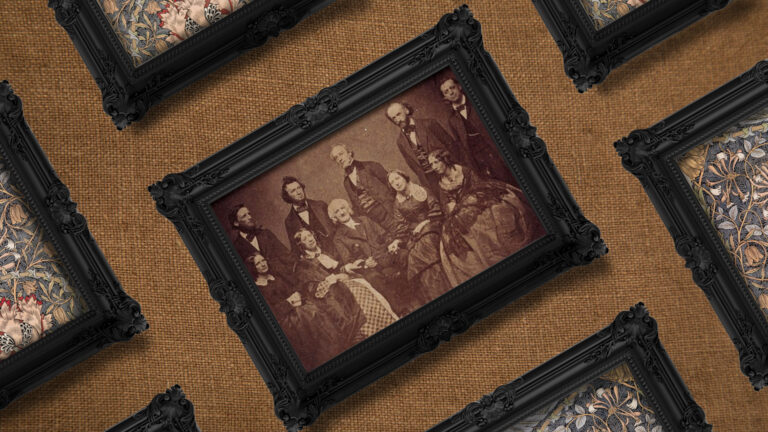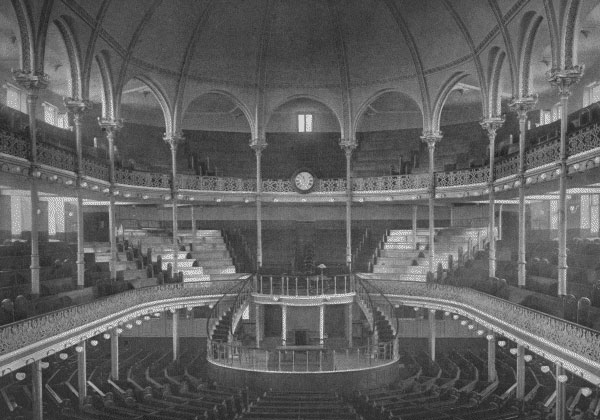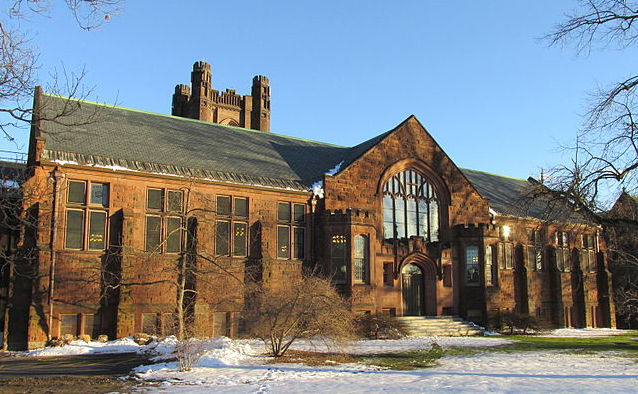The core convictions of evangelicals, including the need for salvation through Christ and the mandate to share one’s faith, are becoming increasingly incomprehensible to a post-Christian American culture. No better illustration of that incomprehensibility came in the media reaction to the tragic death of John Allen Chau while he was trying to reach the isolated hunter-gatherer society of North Sentinel Island, far off the coast of India.
Indian law prohibits contacting the people of North Sentinel Island, partly because of the assumption that they are uniquely vulnerable to epidemic disease. Media reports have suggested that Chau (a graduate of Oral Roberts University) did not tell the truth about his reasons for entering India.
I would certainly not advocate breaking the law in order to advance evangelistic aims. Of course, “tentmaking” missionaries have a long history as a way to get around prohibitions on overt evangelism. (They go as workers or long-term tourists and share the gospel in private settings.) And we have strong scriptural support for the idea that when temporal authorities instruct believers not to share their faith, the believer must obey God rather than man (Acts 5:29).
One of the most uncomprehending reactions to Chau’s death came, surprisingly, in The Wall Street Journal. I wrote there about the death of missionary Michael Riddering in Burkina Faso in 2016, so the Journal is capable of giving sympathetic coverage to such tragedies. But Tunku Varadarajan’s column shows contempt for Chau, and seemingly no understanding for Chau’s mindset or motivations.
Given the symbolism, and the obvious tragedy of his death, there will be those who ascribe nobility to Chau, and courage. . . . But go easy on the romance of Chau and his messy, martyred end. He broke Indian law by entering the country on a tourist visa while pursuing an evangelical mission. Chau’s application would have been refused if it so much as mentioned the words “North Sentinel Island.” . . .
What we had in the end, was one man’s futile—and fatal—theater. But there’s a moral aftermath: The missionary found martyrdom, the Sentinelese a new lease on life. Out of this tragedy will come a vigorous new awareness of who they are, and what they don’t need. And that includes waterproof Bibles.
A comprehending observer would realize that, however ill-considered Chau’s plan was, it made sense to him given evangelical assumptions about salvation and eternity. “Leave North Sentinel Island alone” makes perfect sense if what you believe about God has nothing to do with your eternal fate. If there is no afterlife (or if we can’t know anything about the afterlife) then what Chau was doing was the height of foolishness.
I don’t know much about the details of Chau’s faith per se, and he seems to have worked in some capacity for the All Nations sending organization. His diary entries suggest that he believed that reconciliation with God through Christ is the most important thing in life. It is a life-or-death issue for everyone, and thus something you’d lay down your life for. This is logical, if you assume what evangelicals believe is true.
The Journal‘s response to Chau’s death stands in stark contrast to the media coverage of Jim Elliot and the Ecuador martyrs in 1956. In particular, Life magazine gave enormously sympathetic (one might say fawning) coverage to Elliot’s death and that of his missionary companions in a spearing attack by Waorani Indians.
The difference in coverage surely has to do with the fact that Chau seems, at first glance, like more of a rogue actor than Elliot. But the contrast is also a gauge of how much American culture has changed in the intervening six decades. A national magazine such as Life in 1956 would at least resonate with the attempt to bring Western civilization to people they called “Stone Age savages.” But Life also faithfully represented Elliot’s evangelical agenda, as he explained that he and his colleagues were under divine commission to preach the gospel to all nations.
Six decades later, we live in world where academic and media elites are allergic to the notion that one culture is superior to another. Many evangelicals—especially missionaries—would applaud this move away from a sense of Western cultural superiority, too. But the evangelical conviction about the transcendent truth of the gospel for all people endures. That conviction drives many to do seemingly reckless things in order to share the gospel, even with those who don’t want to hear it. We can expect some in the watching world to denounce such evangelists as fools and meddlers.
This kind of contempt affords us the kind of cultural status that the Scripture promises we would have. “For the word of the cross is folly to those who are perishing, but to us who are being saved it is the power of God” (1 Cor. 1:18).

















